We could all do with some good news on the environmental front. In this monthly blog series on positive news, we highlight current Greenpeace campaign successes but also wins and victories from the wider social and environmental movement to spur us on in our fight for people and the planet.
Thailand – No coal in Krabi
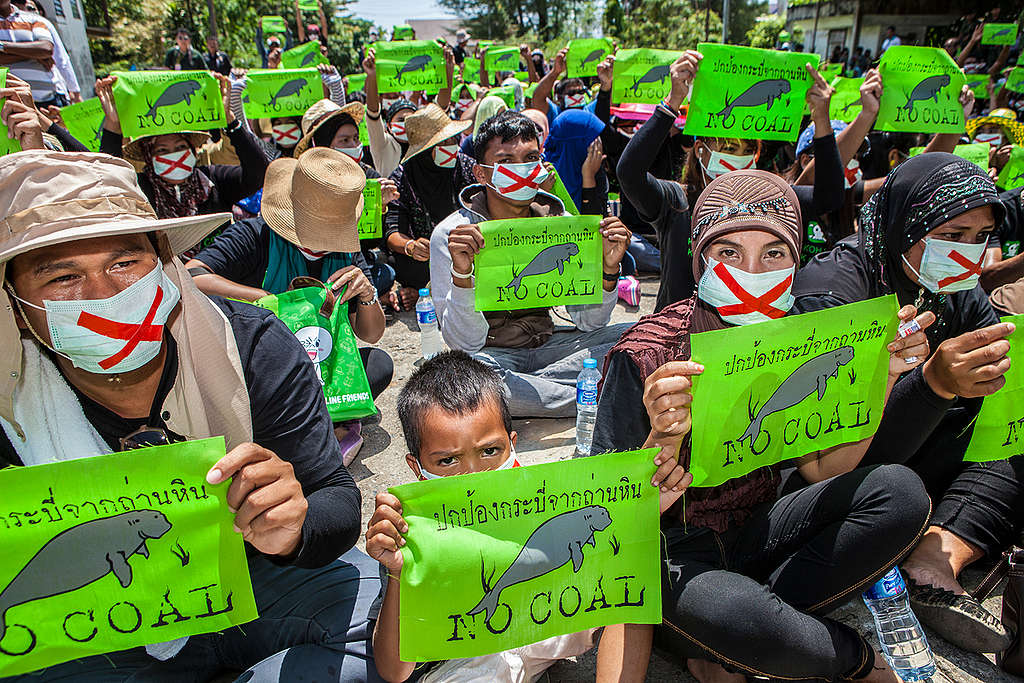
In July 2022, after 10 years of public campaigning by the people-led Save Andaman from Coal Network, the Ministry of Energy stuck to its commitment to cancel plans for a coal power plant in Krabi, Thailand after a Strategic Environmental Assessment (SEA) showed reasonable evidence that it would have a negative impact on the environment.
Throughout the years, the coalition, which included Greenpeace Thailand, held public demonstrations, peaceful sit-ins and hunger strikes to urge the government to halt plans for the coal power plant. Protestors and campaigners were monitored, arrested and detained but they persevered in order to protect Krabi for present and future generations.
They called on the government to conduct a study on the impact of a coal power plant on Krabi and its environs. The Ministry of Energy had signed an agreement to terminate the Environmental Health Impact Assessment (EHIA) study on the Krabi-Thepa Coal Power Plant Project in favour of the SEA, which in 2022, stated that there will be no coal power plant in Krabi.
After a decade of fighting for their homeland, it is a show of victory for the determination and perseverance of the people.
South Africa – Shell's exploration rights revoked
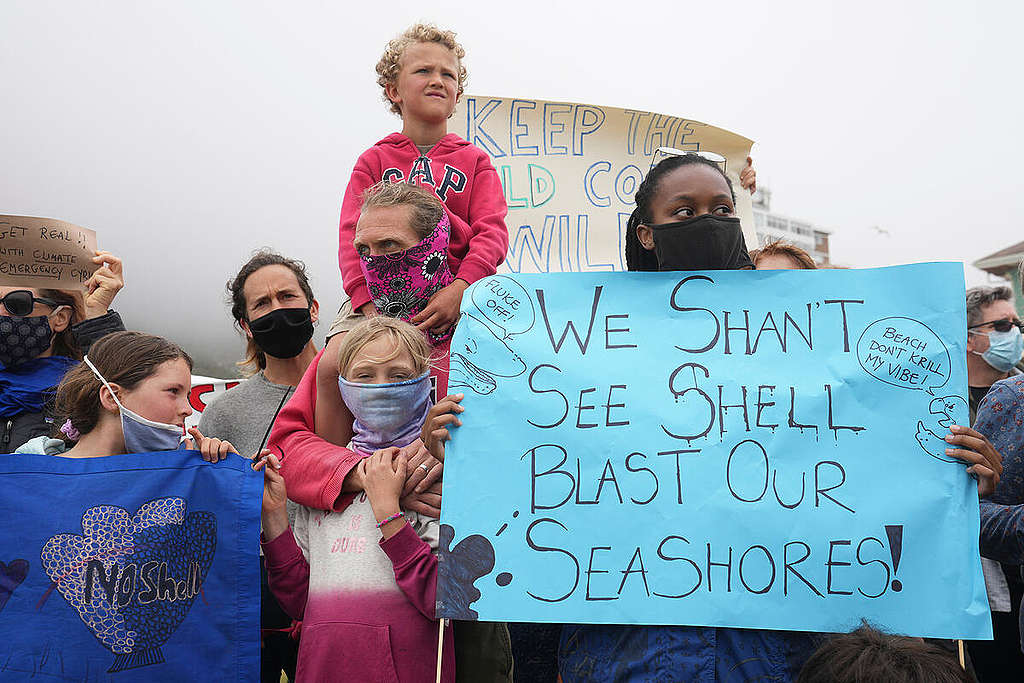
In 2021, petroleum giant Shell announced that it would start searching for oil and gas reserves off South Africa's eastern coast. The government had granted the company exploration rights in 2014, renewing them in 2021. Under the ruling, Shell could conduct underwater explosions to locate deep-sea oil and gas reserves - deafening blasts that can disturb, injure and kill marine life.
The plans were met with strong resistance by coastal and Indigenous communities with creative protests in South Africa, London and Amsterdam, along with successful online petitions. Local organisations took the case to court, arguing that exploration rights were granted unlawfully.
On 1 September 2022, South African courts revoked Shell's exploration rights, ruling that they were granted illegally. The judge also acknowledged the key role of the ocean in the livelihoods and spiritual and cultural life of coastal communities.
The judgement to stop Shell is a victory for people across Africa, and everywhere, fighting for a better planet against polluting and destructive industries.
Sweden – Ban on bottom trawling
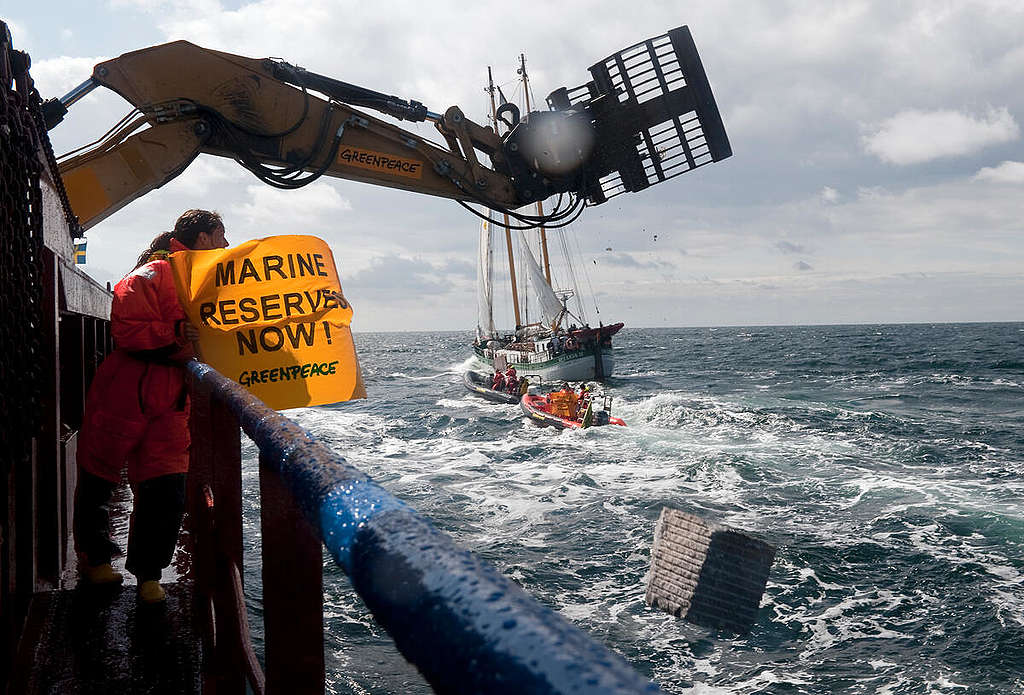
In 2009, Greenpeace Nordic took action and placed over 200 boulders on the seabed around two Swedish marine protected areas in Kattegatt - Fladen and Lilla Middelgrund – to protect marine species, such as porpoises and Sweden's rarer shark species, from bottom trawling. A formal complaint was then submitted to the European Commission about the lack of protection in protected areas that are part of the Swedish Natura 2000.
As of July 2022, those actions finally resulted in a total ban on bottom trawling in all of the protected areas, and a total fishing ban in half of them. This is one of Europe's strongest ocean protections and a huge win for marine life in Kattegatt.
As for the boulders, placed in the water 13 years ago as a conservation measure, they have become a natural part of the underwater environment with plenty of documented marine life.
Uganda and Tanzania – The European Parliament officially recognizes serious human rights issues due to EACOP
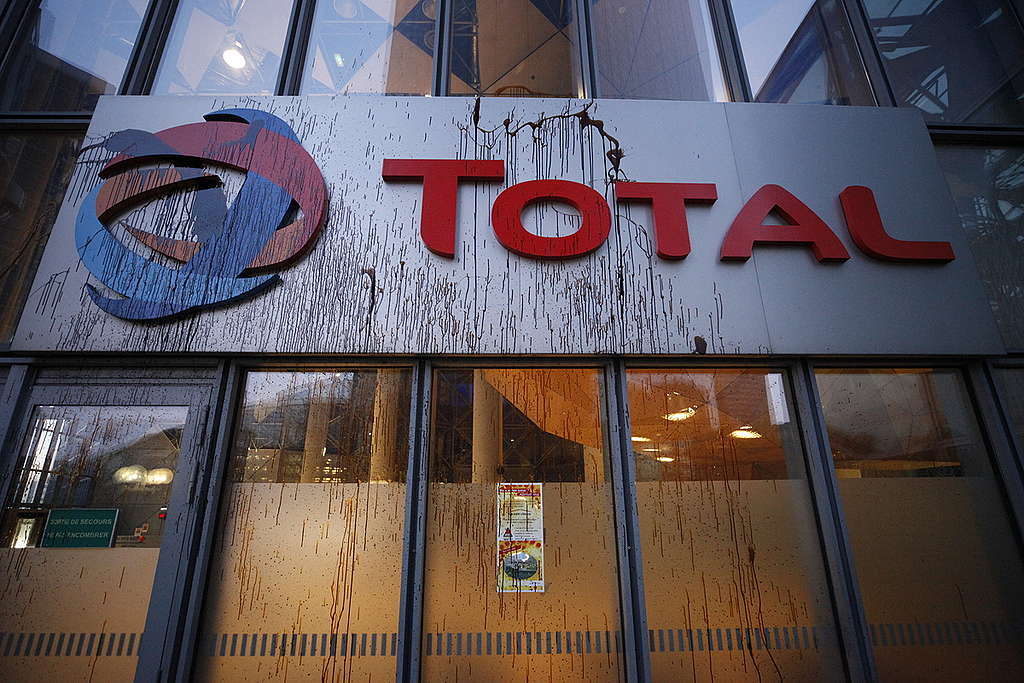
On 15 September 2022, the European Parliament passed an emergency resolution against human rights violations and severe environmental consequences with reference to the risks associated with the construction of TotalEnergies' East African Crude Oil Pipeline (EACOP) and the associated Tilenga oil extraction project in Uganda and Tanzania.
The largest heated pipeline in the world, the resolution officially recognised the serious adverse impact it could have on communities and the environment such as displacing communities and harming livelihoods, and endangering nature reserves and threatening wildlife.
The people of East Africa have strongly opposed the construction of the pipeline for its devastating impact. This resolution puts further pressure on the financiers and corporations behind the EACOP.
Canada – Caribou numbers increasing in Indigenous-led conservation effort
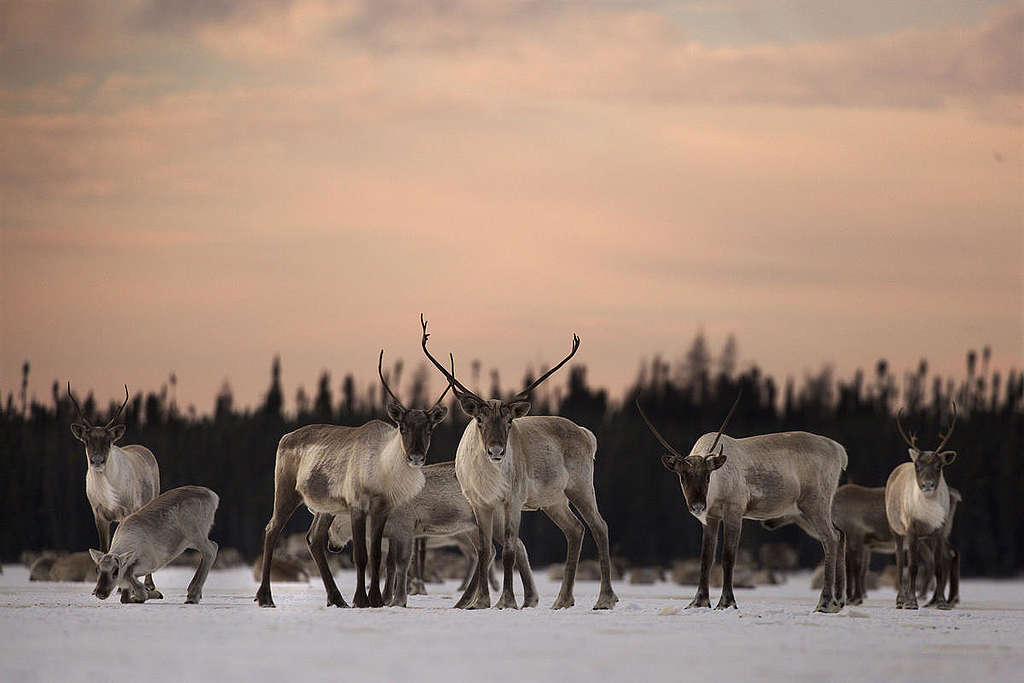
The Saulteau First Nation and the West Moberly First Nations in British Columbia are working on an Indigenous-led effort to save a caribou herd from extinction. Once common in British Columbia, caribou numbers have declined dramatically in the province largely due to human activity and habitat loss from mining and logging projects.
Called Caribou Guardians, the group has a carefully guarded maternity pen in a forest on Selkirk mountains where pregnant caribou are given shelter from predators. The members of the group take turns living at the pen to look after the caribou and patrol the area. The mother and calves are released into the forest when they are old enough to survive in the wild. Thanks to their efforts, many of the calves have survived and herd numbers have increased in recent years.
World – UN declares healthy environment a human right
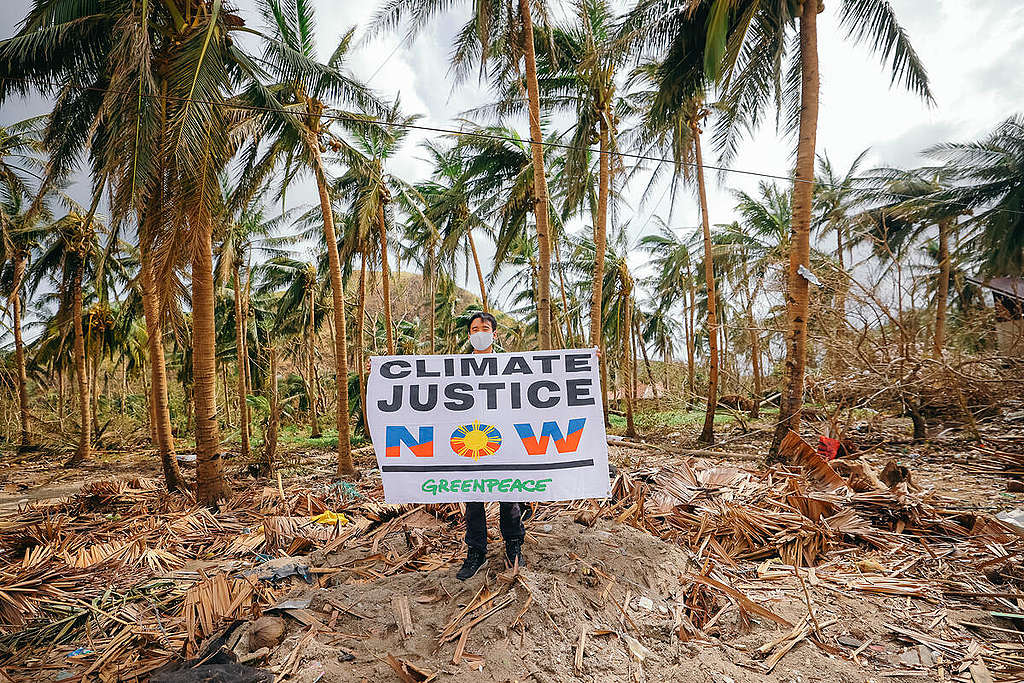
On 28 July 2022, The United Nations General Assembly declared that everyone on the planet has a right to a healthy environment.
The General Assembly said climate change and environmental degradation were some of the most pressing threats to humanity's future, and called on states to step up efforts to ensure their people have access to a "clean, healthy and sustainable environment."
While a milestone, the resolution is not legally binding on the 193 UN Member States but an encouragement for states to implement laws to protect people and the environment. It also paves the way for climate and environmental litigation by people and organisations around the world against environmentally destructive policies and projects.






